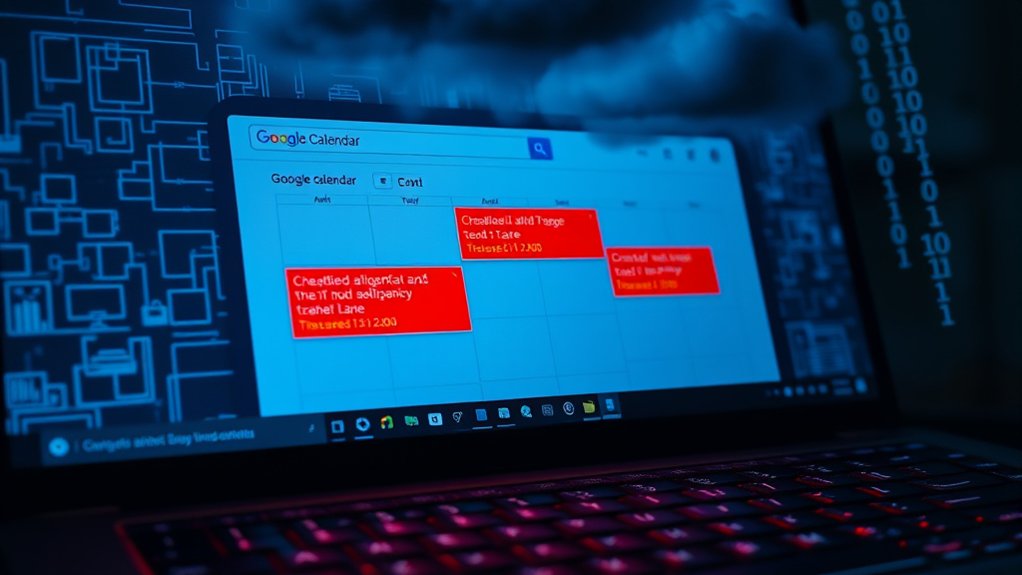APT41 has long been connected with the Chinese Ministry of State Security, and the group has cultivated a reputation for targeting various sectors including government agencies, shipping and logistics, and technology firms.
This campaign, on the other hand, is particularly significant for its sophistication, as APT41 utilized Google Calendar as a command-and-control (C2) mechanism. By creating hardcoded calendar events and sending encrypted commands through these events, the hackers were able to discreetly manage their malware operations whilst blending in with legitimate service activities.
The malware was primarily delivered via spear-phishing emails containing malicious ZIP archives that were hosted on exploited government websites. Moreover, the malware known as “TOUGHPROGRESS” was designed to execute payloads that cleverly disguised themselves as harmless PDF files. Significantly, any data collected from compromised hosts was encrypted and written into Google Calendar event descriptions, a move designed to obscure their malicious intent.
In response to this intrusion, Google rapidly developed custom detection measures to identify compromised calendars, terminating attacker-controlled Workspace projects before they could proliferate further.
With advanced notification systems in place, the impact of the campaign was limited through timely remediation efforts. APT41’s tactics illustrate a concerning trend: advanced threat actors increasingly utilize trusted cloud services to carry out their operations, presenting evolving challenges for cybersecurity professionals tasked with defending against these persistent threats.









